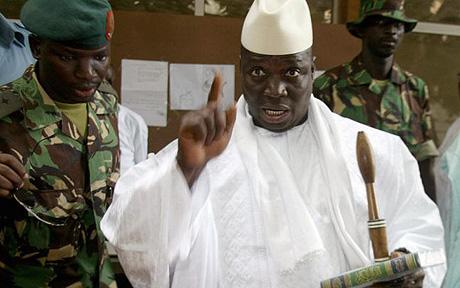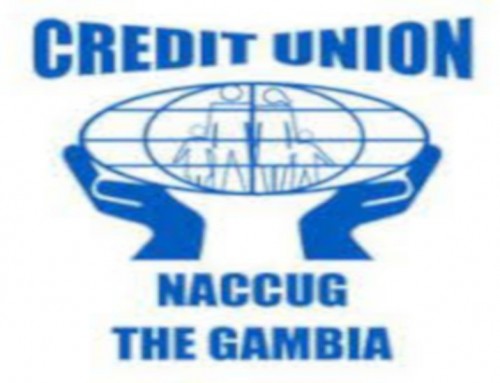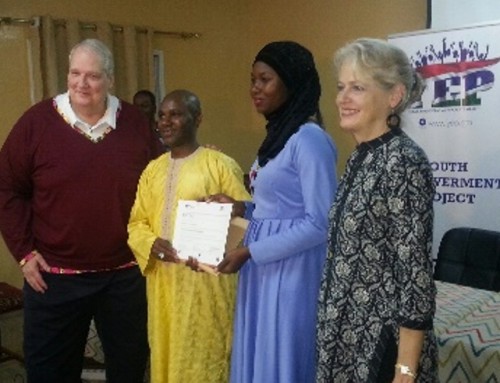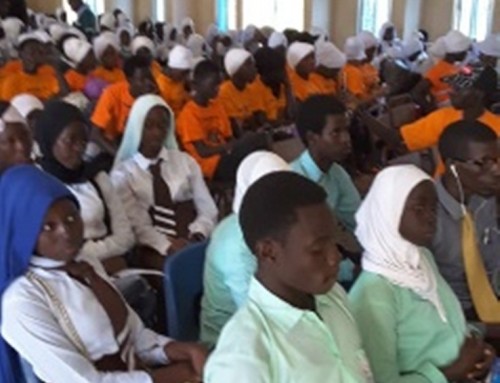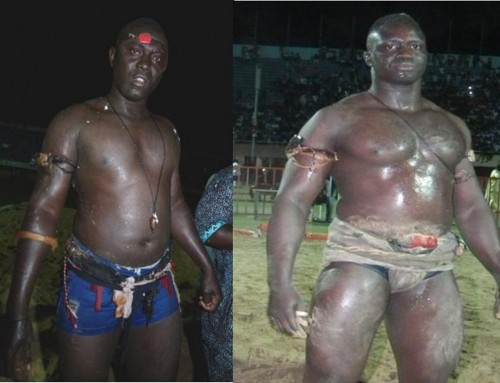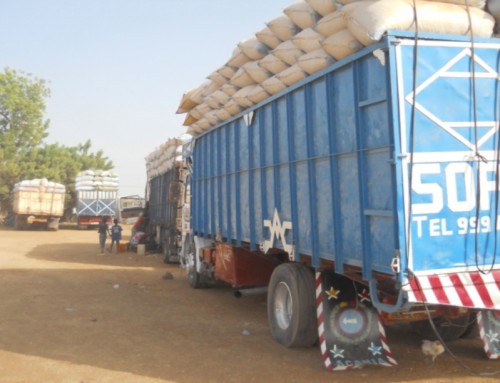By AFP
The leader of the Gambia’s main political opposition was arrested Saturday following a second round of rare demonstrations in the country, with supporters demanding answers over the death in custody of a senior party figure.
United Democratic Party (UDP) chief Ousainou Darboe, a human rights lawyer, was seen being hauled away by police with three other party leaders after beginning a protest march from his residence just outside the capital of Banjul.
Gambian security forces armed with assault rifles fired tear gas at the protesters, according to eyewitnesses.
Around 150 supporters had joined Darboe to call for justice in the case of UDP organising secretary Solo Sandeng, who died in custody on Thursday.
Sandeng had led a protest which ended with Gambian security forces beating and arresting dozens for making a public call for electoral reform and the resignation of strongman President Yahya Jammeh.
The UDP confirmed Sandeng’s death to AFP on Saturday morning, while Darboe told a gathering of activists prior to his arrest that two female protesters were also in a coma but remained in detention.
“We have received some reports that Solo Sandeng died in detention. We understand he died shortly after his arrest for participating in what we’ve been told by eyewitnesses was a peaceful protest,” said Amnesty International west Africa researcher Sabrina Mahtani.
The circumstances of Sandeng’s death were “as yet unknown”, Mahtani said, calling on the authorities to conduct an immediate and thorough investigation and to release any other UDP members still being held.
Gambia’s information minister did not immediately respond to a call for comment.
President Jammeh was out of the country when Thursday’s protest happened, attending a summit of leaders from the world’s Muslim countries in Istanbul.
A military officer and former wrestler, he has ruled the tiny west African country with an iron fist since he seized power in a coup in 1994, and is regularly accused of sanctioning a catalogue of human rights abuses.
Amnesty’s Mahtani said further repressive measures against opposition activity was likely in the run-up to a presidential election in December widely expected to return Jammeh to power for a fifth term.
“We are concerned with the election period coming up that there will be a further crackdown on fundamental human rights,” she said.
The protest came days after the UDP filed a lawsuit against the state for keeping the chairman of the electoral commission in power long after his mandate expired, alleging he was also a Jammeh ally in a supposedly neutral position.
The Independent Electoral Commission last year submitted a bill to parliament, later enacted into law, which opposition parties viewed as placing harsh restrictions on their ability to field candidates in elections.
